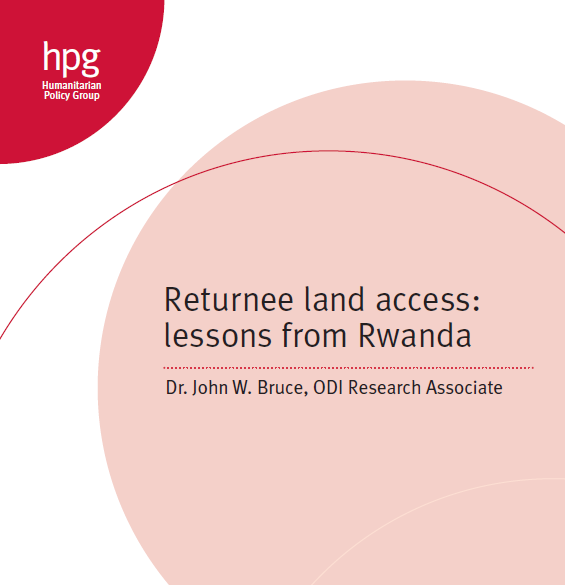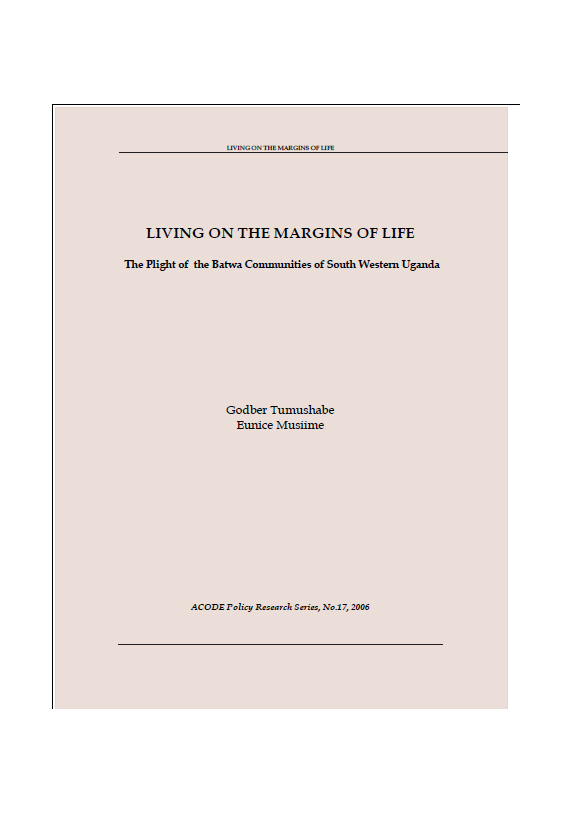Beyond Group Ranch Subdivision: Collective Action, Livestock Mobility, Ecological Viability and Livelihoods
This paper leverages datasets and results from two separate studies carried out across eight Kajiado group ranches and offers a unique opportunity to look at emergent pre- and postsubdivision trends from an interdisciplinary framework that combines ecological, political, and human-ecological research perspectives. It provides insights into the following issues: the loss of flexibility and mobility for Maasai herders’ dues to subdivision, the nature of collective activities that individuals pursue after subdivision, and the emergence of pasture sharing arrangements.





